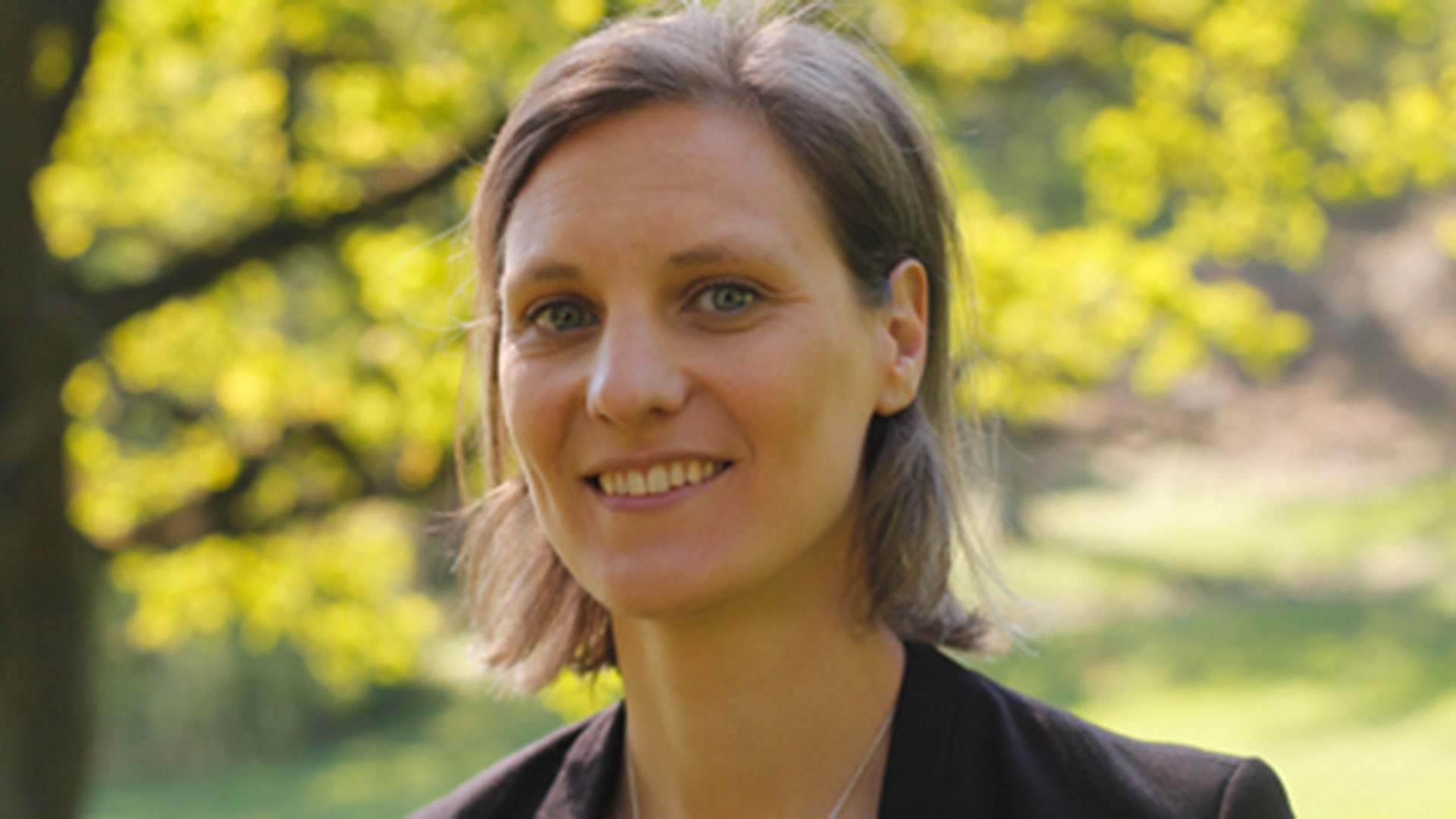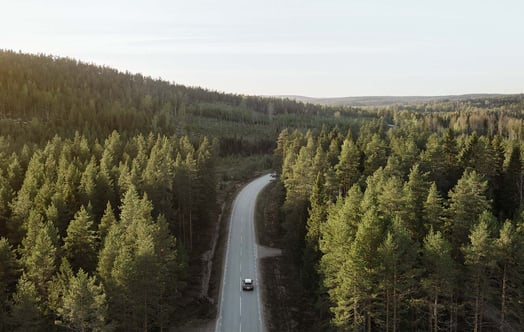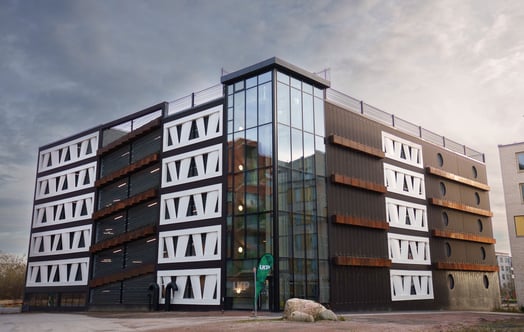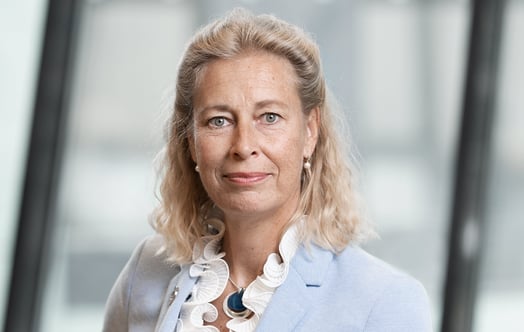
This is how Vattenfall takes responsibility for biodiversity
Up to one million species are threatened by extinction according to a UN research report. Vattenfall has been working methodically to minimize impacts on biodiversity for a long time.
A bleak picture was presented when a major international UN study on the development of biodiversity, carried out by the Intergovernmental Science-Policy Platform on Biodiversity and Ecosystem Services (IPBES), was published on 6 May. The researchers have come to the conclusion that species are becoming extinct at a rate of between 10 and 100 times faster compared to 1970 and that up to one million plant and animal species may be threatened with extinction.
Impact of Vattenfall's operations

Josefin Blanck, environmental expert from the Environmental staff function, explains how Vattenfall works with the area of biodiversity in its operations:
"Biodiversity is one of Vattenfall's most important environmental areas and we have extensive experience of working with these issues, since all our operations either have a direct or indirect impact on species and their habitats. It is therefore important, for instance, that we invest in new technology that can reduce our impact, always including these issues early on in decision-making processes for new projects and that we invest and commit ourselves to research projects, so that we can constantly improve our performance," she says.
Targeted measures
The report from IPBES addresses how climate change will drive biodiversity loss and the report's authors also emphasise the importance of implementing climate measures that do not have negative consequences for biodiversity.
"As Vattenfall's main purpose is to enable people to live fossil-free, we, based on our core business, have a clear and important contribution to also reduce the negative trend of species loss. However, we also need to continue to work actively with targeted measures for different species and natural environments to ensure that both climate and biodiversity are considered in our strategic and operational decisions," says Josefin Blanck.
Did you know...?
...for the past 20 years, we have been working with life cycle analyses and, as a part of this process, we have developed our own method of assessing and measuring the impact our electricity generation operations has on species and their habitats? Assessing the impact on biodiversity is very difficult, but it is also an important basis for understanding the impact our various operations have on land use and thus different species and their conditions.
…when we build new wind farms, the impact they have on different species is often a central issue and sometimes crucial for whether we get a permit or not? When it comes to on-shore wind power, it is mainly impacts on birds, bats and reindeers that can be decisive and for offshore farms avoid and minimise impacts on marine mammals and seabirds is very important. Here we are involved in several large research projects that contribute to increased knowledge in these areas. We also develop new technological solutions, for instance within offshore wind power where we test new technology to reduce underwater noise when piling in order to limit negative impacts on sound-sensitive marine mammals.
… that we manage ground-breaking research programme provides a fascinating insight into the lives of bottlenose dolphins, salmon, sea trout, sea birds and the communities around the wind farm in our wind farm in Aberdeen bay? The European Offshore Wind Deployment Centre (EOWDC) project is a scientific research program to understand the environmental impacts of offshore wind and there is a diverse range of projects conducted here connected to biodiversity.
...the entire Swedish hydro power sector has just started one of the largest permit processes ever to ensure that all facilities live up to modern requirements when it comes to their impacts on aquatic ecosystems and species? In our efforts to identify which environmental measures are most effective at a site, we at Vattenfall have invested, for instance, in a completely unique research facility in Älvkarleby, the so-called Laxelerator.
Video player requires marketing cookies.
To view this content please click here to allow marketing cookies.
...through a voluntary initiative, we protect valuable natural areas close to some of our Swedish hydro power plants? In one of the areas in northern Sweden we have found a coral mushroom that is so unusual that it does not even have a name. When this mushroom was discovered, it was only known in two other places around the world.
… that we support many different types of environmental projects through our environmental foundation in Germany – Vattenfall Umweltstiftung? The foundation is a non-profit organisation from which schools, associations and nature protection groups can apply for grants. The projects mainly focus on urban areas, environmental education, restoration of water courses and re-naturalisation.
Do you think about...?
…how the way we live, what we consume and what we eat have major impacts on biodiversity? According to the IPBES report, the greatest negative impact comes from our use of land and water. It is primarily because cities are expanding, rainforests are being cleared and agriculture and forestry are becoming increasingly industrialised. It is hard and nearly impossible as a consumer to completely avoid having an impact on biodiversity, but it is possible to make more conscious choices that reduce the pressure on various species habitats.



